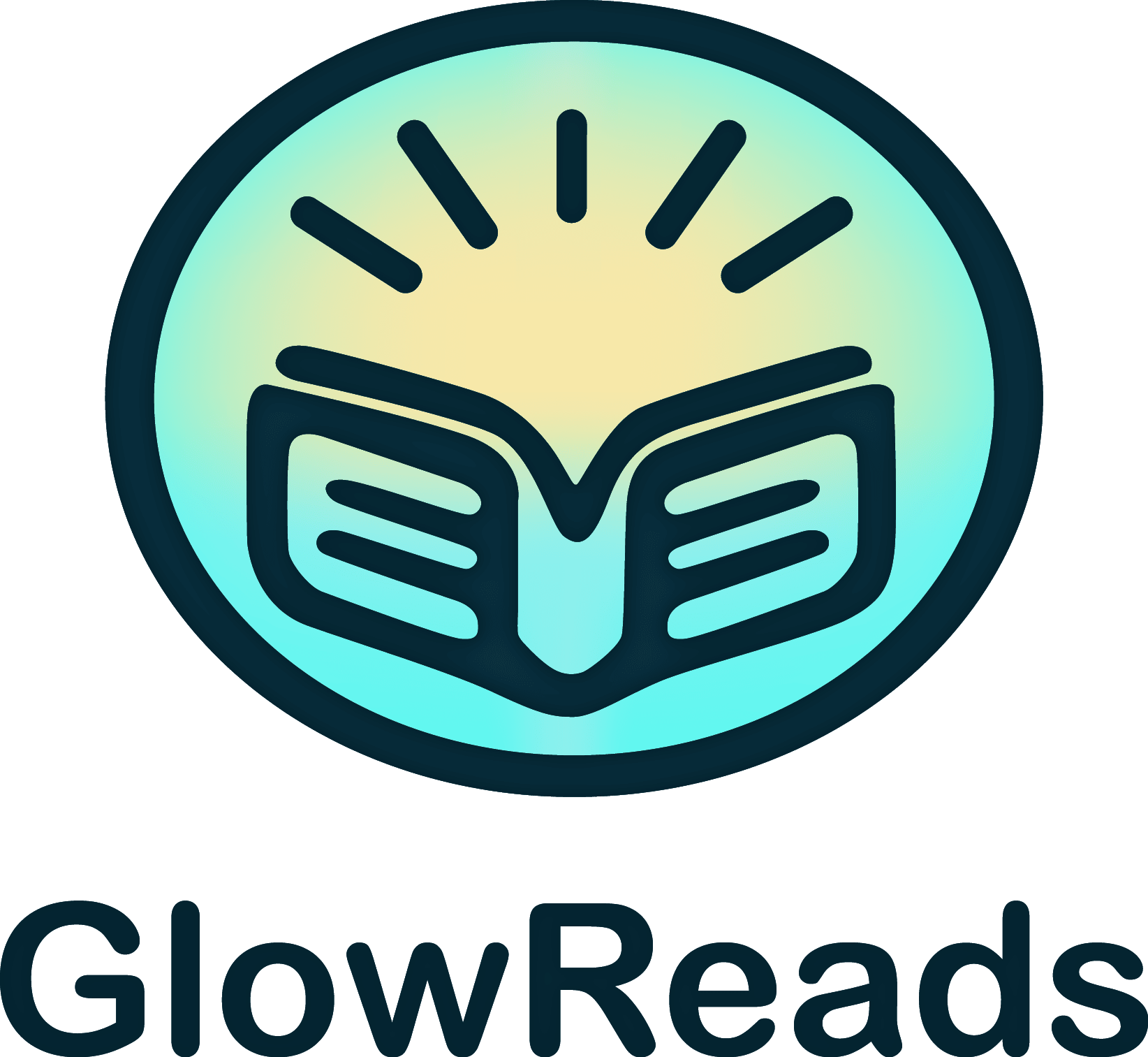Introduction: Contemporary fiction encompasses a diverse array of literary works that reflect the complexities and nuances of modern society. These novels often address current societal issues and personal narratives, providing readers with a window into the diverse experiences and challenges faced by individuals in today’s world. Contemporary fiction is characterized by its exploration of themes such as identity, cultural conflict, and technological change, offering a rich and varied literary landscape. By engaging with contemporary fiction, readers can gain a deeper understanding of the world they live in and the myriad ways in which literature can reflect and critique contemporary life.
Themes in Contemporary Fiction: Contemporary fiction delves into a wide range of themes, capturing the multifaceted nature of modern life. Identity is a central theme in many contemporary novels, exploring how individuals navigate their sense of self in a rapidly changing world. Cultural conflict and the experiences of immigrants and marginalized communities are also prominent themes, reflecting the diverse and interconnected nature of contemporary society. Additionally, contemporary fiction often addresses the impact of technology on human relationships and societal structures, offering critical insights into the ways in which technological advancements shape our lives. These themes are presented through varied narrative styles and techniques, reflecting the diversity of voices and perspectives in contemporary literature.
Notable Contemporary Fiction Books: Several contemporary fiction novels have gained critical acclaim for their compelling narratives and insightful explorations of modern life. “The Road” by Cormac McCarthy is a haunting and powerful story set in a post-apocalyptic world, exploring themes of survival, loss, and the enduring bond between father and son. “Normal People” by Sally Rooney delves into the complexities of love, friendship, and personal growth, offering a nuanced portrayal of the relationship between two young people as they navigate the challenges of adulthood. “The Underground Railroad” by Colson Whitehead is a gripping and imaginative reimagining of the historical Underground Railroad, blending elements of historical fiction and magical realism to explore themes of freedom, resistance, and the legacy of slavery. These novels exemplify the diverse and thought-provoking nature of contemporary fiction, offering readers a rich and varied literary experience.
Influential Contemporary Authors: Several authors have made significant contributions to contemporary fiction, shaping the literary landscape with their unique voices and perspectives. Chimamanda Ngozi Adichie is celebrated for her insightful explorations of identity, migration, and cultural conflict in novels such as “Americanah” and “Half of a Yellow Sun.” Haruki Murakami’s works, including “Kafka on the Shore” and “Norwegian Wood,” blend elements of magical realism and existential inquiry, offering readers deeply imaginative and thought-provoking narratives. Margaret Atwood’s “The Handmaid’s Tale” and “Oryx and Crake” are notable for their incisive critiques of societal norms and speculative explorations of dystopian futures. These authors, among others, continue to push the boundaries of contemporary fiction, offering readers new and innovative ways of understanding and engaging with the world.
Reading and Discussing Contemporary Fiction: Engaging with contemporary fiction can be both enriching and enlightening, offering readers a chance to explore diverse perspectives and complex themes. Reading reviews and recommendations from reputable sources can help guide readers in selecting contemporary fiction that aligns with their interests and preferences. Participating in book clubs or online literary communities can enhance the reading experience, providing opportunities for discussion and exchange of ideas. Reflecting on key themes, character developments, and narrative techniques can deepen one’s appreciation for contemporary fiction, offering insights into the ways in which literature can reflect and critique modern life.
Conclusion: Contemporary fiction offers a rich and varied literary landscape, reflecting the complexities and nuances of modern society. By engaging with contemporary fiction, readers can gain a deeper understanding of the diverse experiences and challenges faced by individuals in today’s world. The exploration of themes such as identity, cultural conflict, and technological change provides a window into the multifaceted nature of contemporary life, offering readers new and innovative ways of understanding and engaging with the world. Contemporary fiction continues to evolve, pushing the boundaries of literary expression and offering readers a rich and varied literary experience.
